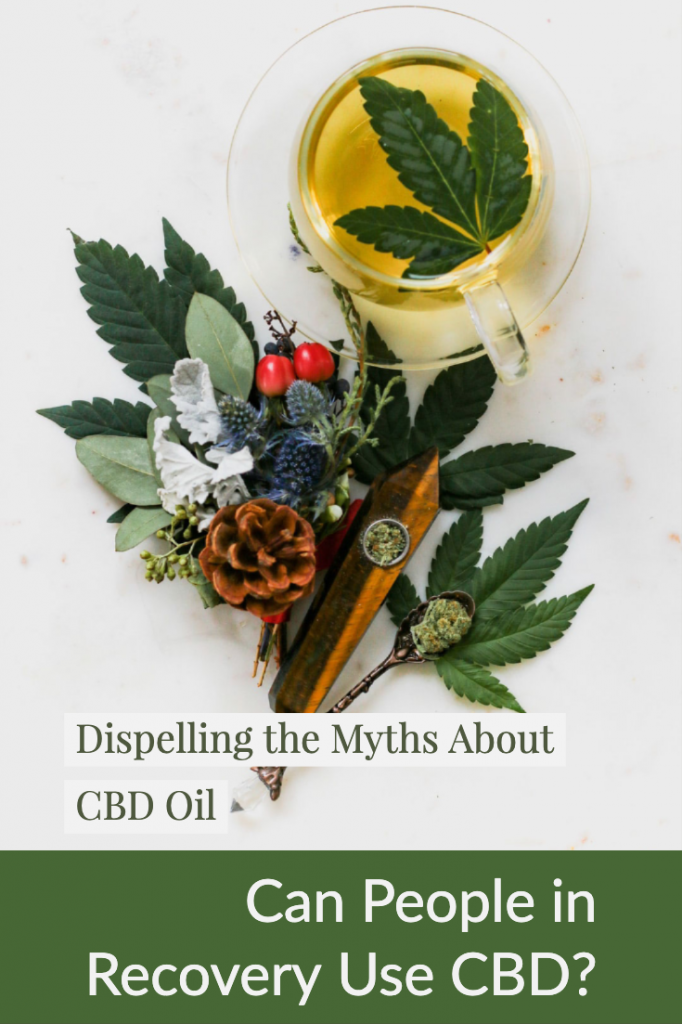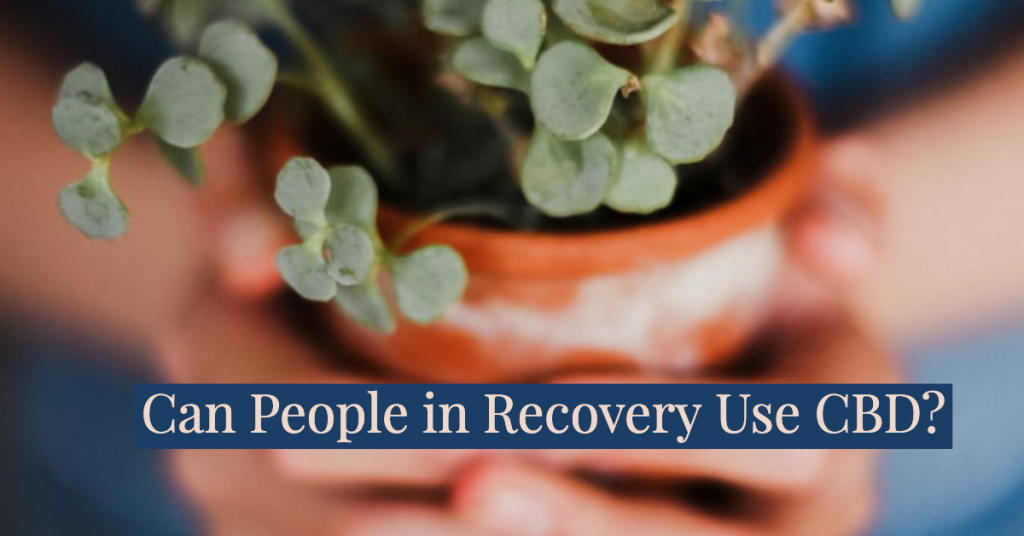Dispelling the Myths About CBD Oil
CBD oil is a new buzzword in wellness, and people are using it for everything from anxiety to insomnia and pain relief. But it’s related to marijuana, and people recovering from drug or alcohol addiction may be wary of trying this herbal wellness product.
The fact is, CBD, while related to marijuana, isn’t the same as THC, and doesn’t have a risk of addiction or dependency. And in fact, CBD can support recovering addicts by improving symptoms, and potentially helping to prevent relapses.
What is CBD?
CBD, short for cannabidiol, is one of more than 100 cannabinoids sourced from the cannabis plant. Unlike another well-known cannabinoid, THC, CBD isn’t going to get you high. While THC comes from the marijuana plant and has psychoactive effects, CBD typically comes from industrial hemp, which has trace amounts of THC, if any at all. But CBD does work similarly to THC in that it works with your body’s endocannabinoid system to support your body’s balance in mood, pain, digestion, and more.

Research suggests CBD can be a good support tool for addiction recovery. In animal and human studies, CBD has been found to influence addiction to opioid, psychostimulant, tobacco, and even cannabis addiction. CBD works for recovery because it offers protection from stress, and therapeutic properties including pain and nausea relief can be helpful for recovery and addiction disorders.
However, the fact remains that CBD is a drug, and closely related to THC. That may make recovering addicts hesitant to use it. But CBD is completely therapeutic and widely accepted as a safe option for supporting a variety of conditions.
The World Health Organization’s critical review of CBD found that CBD carries little risk of dependence or abuse and can offer therapy for addiction. According to the WHO, CBD has a good safety profile, as it is well tolerated by users in clinical trials. Side effect risks are minimal, and generally, when there are side effects, they are due to a drug interaction.
CBD Could Stop The Cycle of Environmental Cues
Recovering addicts often struggle with cravings, which may be brought on by environmental cues. But a clinical trial in the U.S. National Library of Medicine found that CBD can reduce or eliminate cravings and anxiety in recovering addicts brought on by cues. The study found that CBD use reduced scores for craving and anxiety and continued even a week after completing CBD dosage.
Another study found CBD can work similarly for alcohol recovery. The research review found that CBD can be helpful in reducing stress and cues that can trigger alcohol abuse, and it can help with impulses and withdrawal.
CBD Support For Pain and Anxiety
CBD can be a good choice for recovering addicts seeking relief from pain, anxiety, or both. Opioid users may struggle with chronic pain and need to use pain medication, but can be at risk of addiction to pain medications. Cannabinoids can help with pain relief, and according to a review of research from the National Academies of Sciences, Engineering, and Medicine. Cannabinoids, including CBD, can be effective pain relievers enough that some users can replace conventional pain medications, such as opiates, with CBD. And the review indicates that cannabinoids such as CBD can be effective for reducing chronic pain.
CBD can also offer support for the anxiety that comes along with addiction. Anxiety over substance use can trigger relapses, but CBD can offer relief for anxiety, according to research published in Neuropsychopharmacology. The research specifically suggests CBD as an anti-anxiety treatment for addiction recovery patients.
If you struggle with addiction, CBD might be a solution. Research suggests it is helpful for avoiding relapses and can offer the support you may need for pain relief or anxiety. CBD itself has little risk of addiction, and a good safety profile, so it’s worthwhile to consider CBD with your doctor as part of your overall treatment plan.
Amelia Noble is a researcher with the CBD Awareness Project. When she’s not working, you can find her playing board games.
